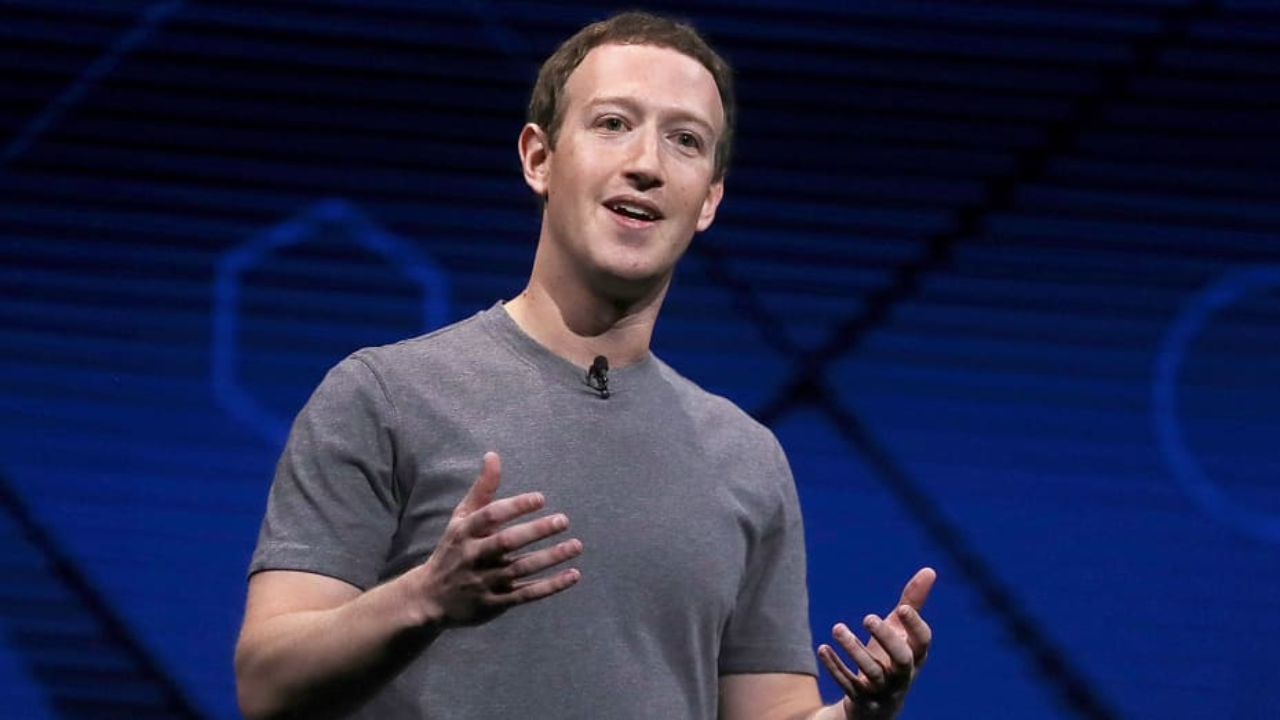On Tuesday, March 5th, 2024, billions of users around the world found themselves disconnected from their favorite social media platforms as Meta, the parent company of Facebook, Instagram, and WhatsApp, experienced a major outage. The outage, which lasted for several hours, not only left users frustrated and confused but also had significant financial repercussions for the company.
Reports of issues began to flood in around 10 a.m. ET, with users experiencing problems ranging from being suddenly logged out of Facebook to feed failures and message-sending issues on Instagram and WhatsApp. Meta’s share price immediately took a hit, dropping by 1.5%, and later falling by 1.6% as the outage persisted.
According to experts, Mark Zuckerberg, the founder and CEO of Meta, reportedly lost approximately $100 million in income during the morning of the outage. This massive financial loss underscores the extent of the impact that the downtime had on the company’s operations and revenue streams.
Meta’s spokesperson, Andy Stone, addressed the concerns of users, assuring them that solutions were being worked on to resolve the issue as quickly as possible. Stone emphasized the company’s commitment to restoring services and apologized for any inconvenience caused to users.
The outage, reminiscent of similar incidents in 2021 and 2022, raised questions about the underlying technical infrastructure of Meta’s platforms. A Facebook insider revealed that internal systems were down during the outage, with the company’s service dashboard indicating “major disruptions” across multiple services.
After two long hours, Meta was finally able to restore services globally. Stone reiterated the company’s appreciation for users’ patience and apologized once again for the inconvenience caused by the outage.
Notably, during the outage, Elon Musk, the CEO of X and a rival of Mark Zuckerberg, took a jibe at Meta, highlighting the reliability of his own company’s servers. This incident further underscored the competitive dynamics between Meta and other tech giants in the social media space.
This latest outage is not the first time Meta has faced such technical challenges. In October 2022, WhatsApp experienced a brief outage, affecting millions of users worldwide. Similarly, in October 2021, Facebook, Instagram, WhatsApp, and Messenger went down globally for several hours due to a configuration change error.
Speculation has arisen regarding the timing of the outage, occurring just before the deadline for Big Tech companies to comply with the new Digital Markets Act (DMA) of the European Union. It’s been suggested that Meta’s preparations for compliance with the DMA, including potential changes to data handling and advertising practices, may have contributed to coding errors that led to the outage.
Despite the challenges posed by the outage, Meta remains a dominant force in the social media landscape, with billions of users relying on its platforms for communication and connectivity. However, incidents like these serve as a reminder of the inherent vulnerabilities of relying on digital platforms for such essential services and the importance of robust technical infrastructure and contingency plans to mitigate disruptions in the future.

